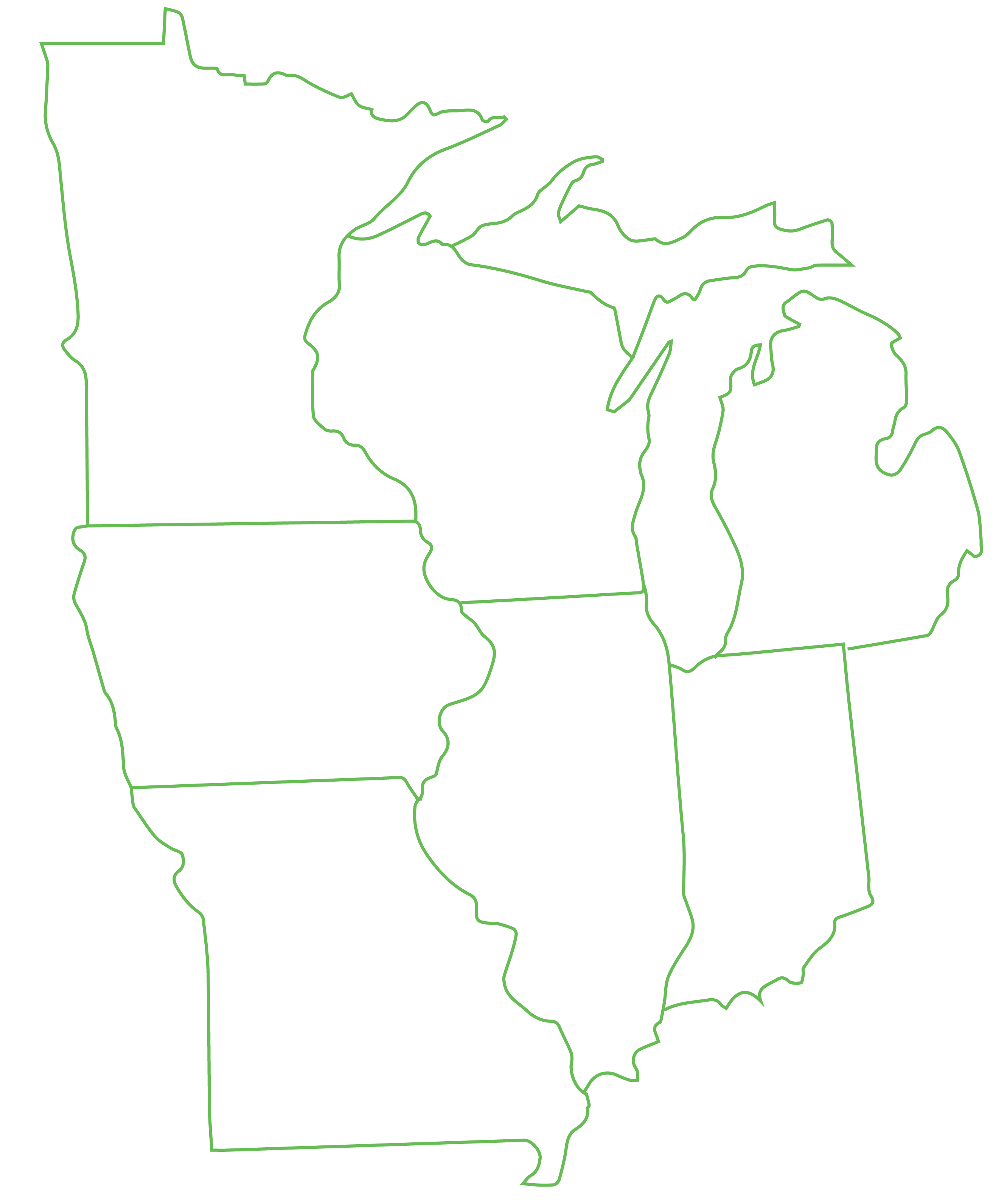The Lightning Tree
The week that I moved into my apartment, there was a big storm and lightning hit the tree in the adjacent lot, facing the boulevard. Severely damaged, the tree folded in on itself, hunched over like a cartoon weeping mop. I investigated its wounds. When I touched its bark, it radiated waves of despair and urgency. For as long as it had stood on the boulevard, with traffic speeding past and neighbors walking by at notoriously drug-fuelled hours, this tree had seen unknown darkness on the streets. Now, all that pain seemed palpable—bleeding through its charred branches.
It's been about four years since the tree was injured, and without intervention, it has become much more visibly battered. Every morning that I see it on my way to my parked car, there is new garbage collecting at its feet. There are needles, plastic bottles, nitrous caps, bags of chips, shooters of tequila—all manner of souvenirs of self-abuse littered around it.
I have always felt an energy belonging to the tree that seemed to elicit this desecration against its will. I have felt that the spirit within the tree itself was held hostage by the violence of consumption in poverty. Every time I was close enough, I heard it speak. I’m ashamed to say that I always promised the tree that I would find the time to nurse it back to health, and I just continued to look away for so long.
One night, my mother told me that the tree appeared to her in a dream, crying out for help. My mother arrived at my house with gloves and garbage bags, and we cleared out all of the land around the tree. Even after hours, there was no end in sight to the trash that would turn up shoved in crevices of the tree’s roots. Because it stands between an alley and the boulevard, on any given day, the tree shaded someone’s most sinister urges, and even the wind hurls trash at it.
Any good will towards this corner is a conspicuous and unnatural gesture. While we were cleaning the tree, neighbors walked by, all day, and talked about how they felt stricken seeing the tree suffer.
I told a neighbor that I planned a work day to clean the lot, and they came with a guitar and sang to it. Another neighbor who worked the night shift was thrilled to see us hauling trash away. She went out there after work at three AM with a pair of machetes and a glass of vodka, and she started clearing away all of the overgrown weeds. The next day, she sent me photos of new birds that had nested in the tree. They were the first birds we had seen make a home of it in years.
On a summer afternoon, a friend and I put down a blanket and sat under the tree’s inhospitable branches and littered ground. It is not a pleasant place to sit, but every bit of bringing peace to it, was an act of remediation. I lit Copal incense which I had gotten at the market in Mexico.
We sat most of the day and read casually. A sweet neighbor who talks to himself and wanders the boulevard all day came by and said, “The smoke there told me that I need to put my ankle over it.” He walked up to the tree where the cauldron of incense was smoking and placed his ankle over it, waving the smoke towards himself. He asked me if I could help him to do the same over his whole body, and I was happy to. I felt sure that the tree was sharing its medicine, speaking its sincerest wish: to heal another hurting soul on the boulevard.
Over the following weeks, I continued to clean. The work was never done, because keeping up with all of the garbage was like trying to change the direction of the wind. But being visible in caring for the tree, and tending to it when it had not been given love in so many years, brought new attention.
I don't know why, but I thought the best offering was something beautiful to adorn the tree. It had been an eyesore. A repository for needles and nitrous caps only. I left roses and a gold pendant at its base, and a candle with a saintly image to burn through the night. When I went to visit the spot in the morning, someone had left a tube of lipstick and gloss.
On summer nights, I walk past the tree and down the boulevard to go rollerskating over the blacktop at Saint Anne’s Basilica where Gabriel Richard’s tomb is held. He wrote the motto for the City of Detroit after its Great Fire. “We hope for better things and it will rise from the ashes.”
That phrase could hold a million meanings and contexts for the people of Detroit. But when I thought of it tonight, I just thought of my tree: the animated pulse of the boulevard. It was struck by lightning. It has been shade to the wounded on my block, and with love, it will see better days.

